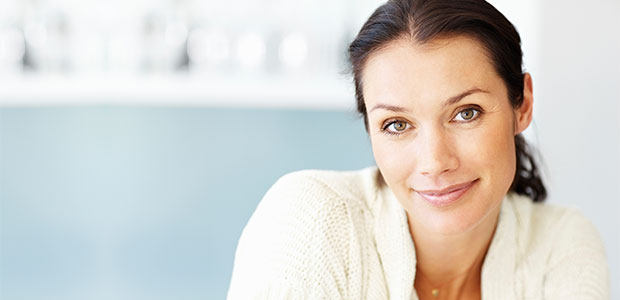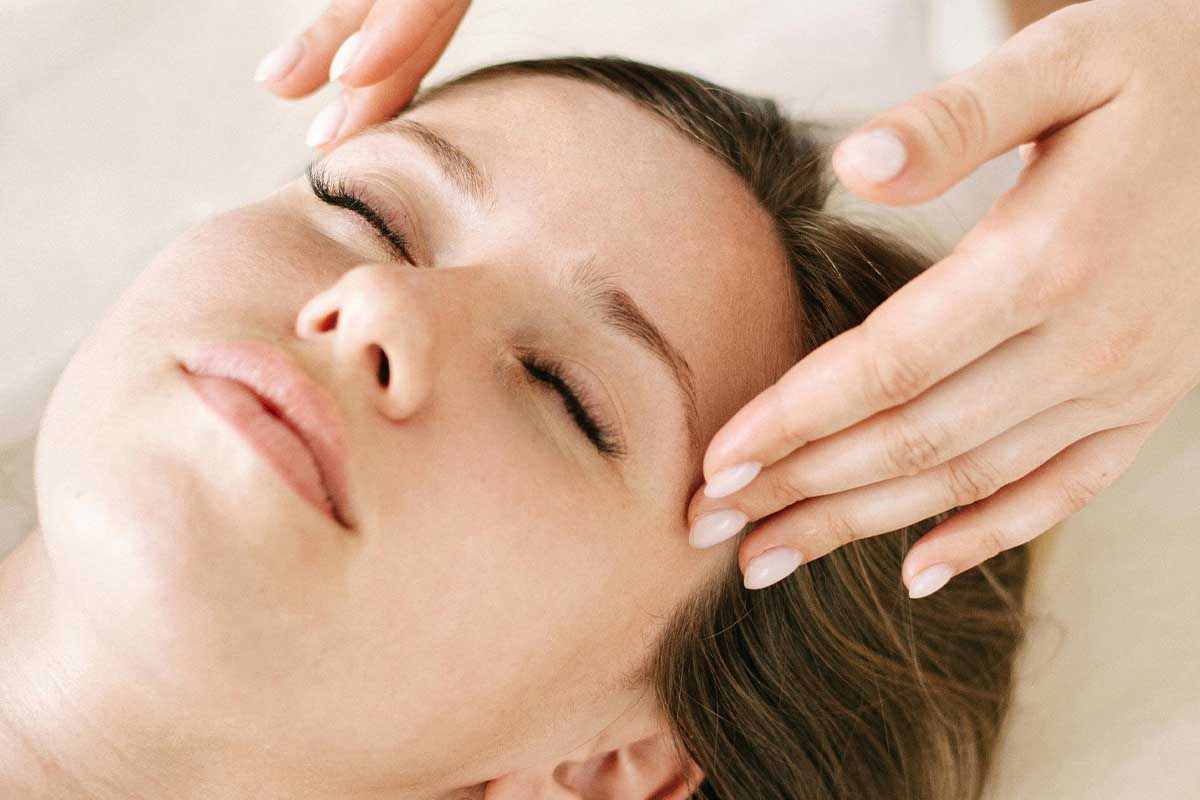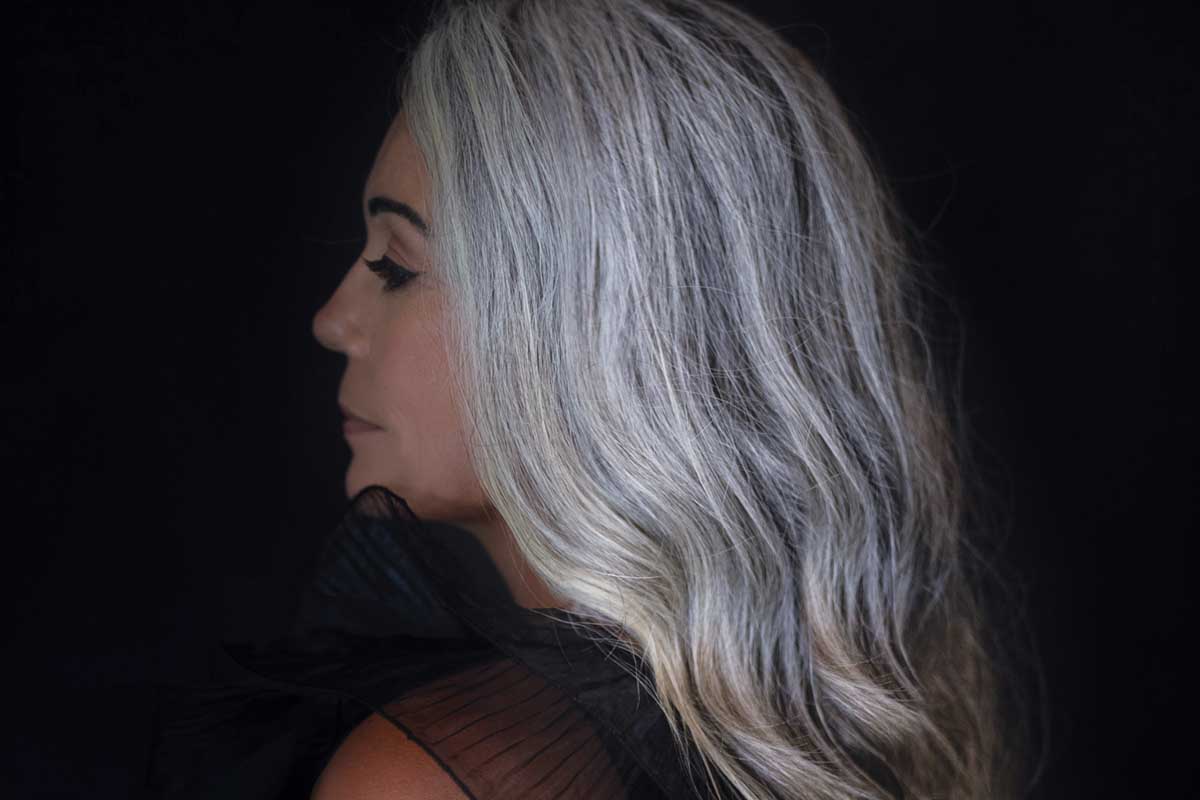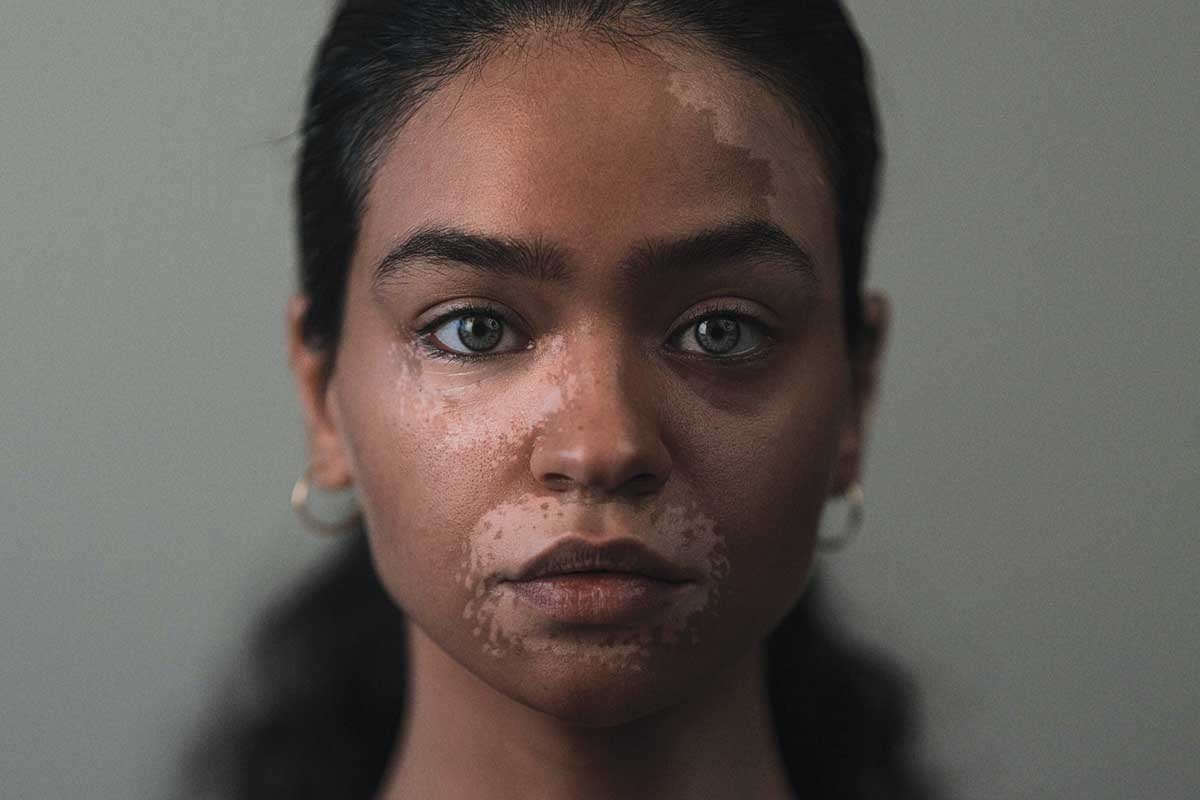Advertisement
Look Younger, Longer
Simple strategies for aging skin

One of the most obvious indicators of our age can be our skin. Although we cannot control factors such as genetics, there are many things we can influence, such as sun protection, diet, negative habits, and stress. There are also care regimens we can perform to maintain healthy, attractive skin as we get older, which don’t involve cosmetic procedures.
The most important factor: sun protection
As most of us know, prolonged exposure to the sun and artificial UV sources such as tanning beds cause skin to age prematurely. Known as photoaging, early signs include fine wrinkles and lines, spider veins, pigmented spots, loss of skin tone, and lips that start to lose colour and fullness.
Extended exposure can mean deeper wrinkles and frown lines; age spots; and red, rough actinic (sun-related) keratoses that could be precancerous. Fair-skinned people are more susceptible to photoaging than those with darker skin types.
The obvious solution is to stay out of the sun, but let’s face, it, we’re exposed to UV rays all year long. The Canadian Dermatology Association recommends that we protect our skin the best we can, particularly between 11 am and 3 pm when the sun is at its strongest. Find shade, and wear broad-brimmed hats and clothing that cover as much skin as possible. Of course, always avoid indoor tanning, such as tanning beds.
Choose a natural sunscreen with a minimum SPF 30 that protects against UVA and UVB rays, and apply it frequently. According to the Environmental Working Group, mineral-based SPFs are the best choice. If you wear cosmetics, consider those that contain a natural SPF, too.
Check your skin frequently for signs of skin cancer and contact your health care practitioner immediately if you notice changes. Look for moles that have changed in appearance, are asymmetrical, have uneven borders, aren’t consistently coloured, or are larger than 1/4 in (6 mm) in diameter.
Skin hydration and treatments
It’s commonly thought that drinking extra water affects the hydration and appearance of skin, but there’s actually a lack of scientific research to prove it. Hydration is good for health, however, so feel free to drink up!
Help keep skin hydrated:
- Consider a gentle natural cleanser instead of soap, and steer clear of skin products that contain alcohol.
- Avoid dry air or spending too much time in hot or chlorinated water.
- Wear a scarf and gloves in cold weather outdoors, and try a humidifier indoors.
Moisturizers are very beneficial to aging skin. They have been shown to act as a barrier against water loss and replace skin lipids and other compounds in skin. They’re also used to make skin look smooth and soft and reduce the appearance of fine lines. Visit your local health food store for a recommendation of a natural option that will work best for your needs.
Of course, many cremes are formulated specifically to fight wrinkles. You may experience slight to moderate improvement after daily use over a number of weeks with products that contain vitamin C, natural hydroxy acids, coenzyme Q10, tea extracts (especially green tea), grapeseed extracts, or niacinamide (vitamin B3).
Sleep and sleep position
The duration of your sleep affects your skin quality. Several studies have revealed that sleep deprivation can disturb skin barrier function, and because it deprives the immune system, collagen production may be affected.
As we get older, many find it harder to fall asleep or wake up more often during the night. Suggestions include having a light bedtime snack such as a glass of warm milk, going to bed and waking at the same time each night, and getting moderate daily exercise. Supplements such as melatonin or valerian can also be helpful, subject to the advice of your health care practitioner.
Many people don’t realize that they can develop facial wrinkles by sleeping in the wrong position with their faces buried in the pillow. A simple solution to this, if found comfortable, is to train yourself not to sleep prone (on your stomach).
Soothe the stress
Stress definitely affects skin condition, function, and appearance. Managing stress will go a long way to promoting attractive and healthy skin. By setting reasonable limits and incorporating more activities that you enjoy into your day, your stress may decrease and your skin may look more refreshed and relaxed.
You might also want to consider as relaxation therapies such as meditation, deep breathing exercises, or massage therapy to reduce your stress. Finally, a health care practitioner well versed in integrative medicine may be able to recommend stress-relieving supplements specific to your needs.
Feed your skin
Studies have shown that skin may be improved through diet as we age.
- Eat a diet rich in fruits and vegetables (including lots of vitamin C), whole grains, and lean proteins.
- Low-fat fortified dairy products and dairy alternatives are good for attractive skin because they are rich in vitamin A.
- Berries, along with fruits and vegetables, are especially high in antioxidants, which fight damaging free radicals.
- Salmon, walnuts, and flaxseed deliver essential fatty acids such as omega-3 for plumper, younger-looking skin. Oily fish also appears to aid against precancerous actinic keratosis.
- Healthy oils, labelled cold pressed, expeller pressed, or extra-virgin, help keep skin lubricated.
- Drinking green tea may help aging skin. A recent review assessed 20 studies, and the results suggest that taking green tea orally might be effective in preventing skin aging because of its free radical scavenging abilities.
Eating to watch your weight will help your skin. Obesity affects skin health, interfering with production of sebum, collagen, and circulation.
Skin supplements
Various supplements may help boost skin’s appearance. Always check with a health care practitioner to make sure a supplement is right for you.
- Vitamins C, D, and E may help protect against photoaging.
- Silicon supplements may improve photoaged skin.
- Coenzyme Q10, alpha-lipoic acid, and glutathione may reduce signs of aging.




